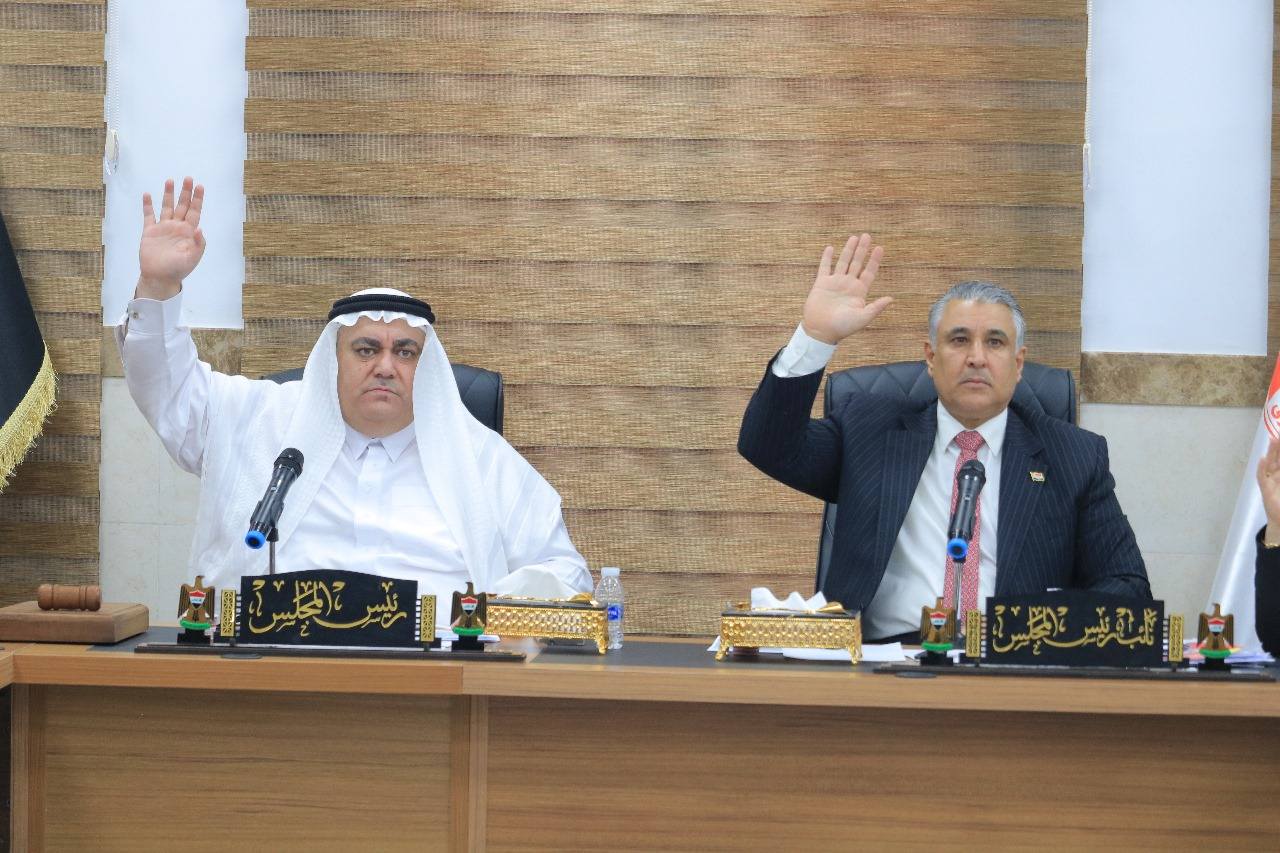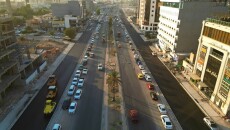The Nineveh provincial council has rejected the introduction of tuk-tuks to the province, saying it is an "uncivilized phenomenon" and "does not meet safety requirements.”
The decision came at a meeting held on Thursday, October 17, in which several issues were discussed and voted on, in the 19th session of the provincial council.
"The council discussed and voted on the ban on the importation of motorcycles known as tuk-tuks for the entire province of Nineveh, because it is an uncivilized phenomenon, causes traffic accidents and does not meet safety requirements" the council said in a statement.
Tuk tuk, mostly found in Iraq's capital Baghdad, is a small three-wheeled vehicle used to transport citizens as an alternative to taxis.
It is an uncivilized phenomenon and causes traffic accidents
Tuktuks, usually used as a taxi in poor neighborhoods, have become an important vehicle for the October 2019 protests and a symbol of the uprising as it has played major role in transporting food and supplies to tents of protestors and taking the injured to hospitals, all for free.
The meeting also discussed and voted on the contents of a letter from the Nineveh Provincial Office, on service projects and Corporate Social Responsibility CSR of the domestic companies of the provinces for the years 2024, 2025 and 2026.
CSR is the amount of money that companies pay to local governments that goes into the overall budget of the province and is spent on projects and services.
In another part of the meeting, discussions and voting were held on a letter from the provincial office regarding the donation to participate in the construction of the Prophet Younis Mosque and voting on the recommendations of the Qatari government on the donation of Rabia Hospital.
The Nineveh provincial council also decided to dissolve the provincial council committee to approve the names of the Mukhtars.
In the October 8 session, a committee was formed to evaluate the candidates for the governors and appoint them, but the committee was dissolved at the last meeting.
The Nineveh provincial council has been unable to hold regular sessions for weeks due to factions over the distribution of ranks and positions.
The council is divided into two factions. The first is the Future Nineveh Alliance, which successfully elected the heads of the administrative units holding 16 out of 29 total seats. This faction comprises the Coordination Framework forces, the Patriotic Union of Kurdistan PUK bloc, Sunni members, and three minority quota members.
The second faction consists of the United Nineveh Alliance and the KDP, holding 13 seats.
The Presidency of the Council was elected months ago as part of a single package with the positions of the governor and his two deputies, according to an agreement between all the blocs, including the United Nineveh Alliance.
The KDP says they seek guarantees through agreement by senior official of the parties in Baghdad.
The Nineveh council and local government, including the posts of council speaker, governor, and deputies, were appointed in February by consensus of all council factions.
*This story has been produced as part of the 'Budget is Your Right' initiative, with support from the National Democratic Institute (NDI).






